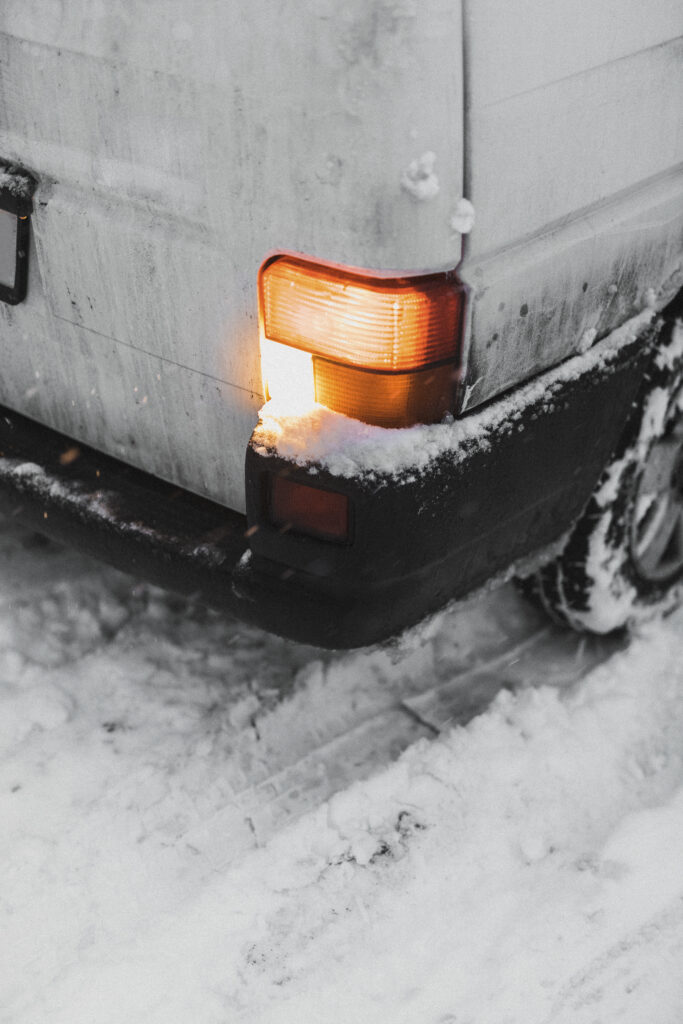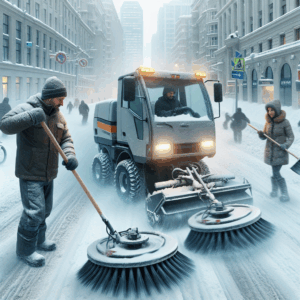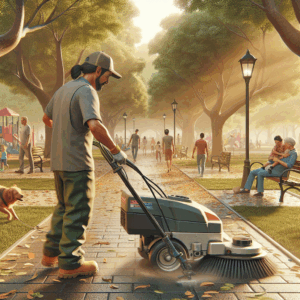The Consequences of Wintertime Conditions
Wintertime conditions are notorious for causing building materials to break down at faster rates than otherwise possible. For example, if a paved surface has even small chips and cracks, the melt-freeze cycle that can come into being because of fluctuating temperatures can cause serious damage to the asphalt within a short period of time. This is because the water will seep into the paved surface through its chips and cracks, causing the existing weaknesses to worsen when freezing temperatures cause it to expand. Fortunately, so long as you are willing to take the right measures, you should be able to minimize the extent of the problem to a manageable level.
How Can You Protect Your Paved Surfaces in Winter?
You can use these measures to protect paved surfaces even in winter:
- Make sure that your paved surfaces are sealed as they should be. This is important because the barrier created by the sealant is their strongest line of defense against moisture as well as all of the other chemicals that can start causing serious damage just by coming into contact with the asphalt. Since there are many sealants out there, you should choose one that is well-suited to your climate, which is something that you should speak about with a parking lot cleaning and maintenance specialist.
- Drainage is an important issue, particularly because it can have serious consequences for a wide range of matters. For example, you should make sure that your gutters are not going to drain onto your paved surfaces since the less exposure to moisture, the smaller the chance of something bad happening. This is particularly important in winter because the build-up of snow means an inevitable melt with the coming of spring.
- When you are shoveling the snow off of your paved surfaces, you want to make sure that you are not scraping off their topmost layer. You could ensure this by shoveling at a higher height, but just in case, you should consider switching your metal shovel for one made out of plastic.
- Don’t use deicing chemicals for your paved surfaces since a lot of them can cause problematic chemical reactions when in contact with the asphalt. Instead, use sand, which won’t cause the snow to melt but will provide more than enough traction so that tires will have something to hold onto. Better still, not using deicing chemicals means zero chance of them seeping into your surroundings to cause environmental damage.
- Finally, if you notice something wrong with your paved surfaces, you should act to correct the problem sooner rather than later. This is because asphalt becomes easier and easier to damage as it becomes more and more damaged, meaning that neglect can force you to either repair or replace it sooner.









